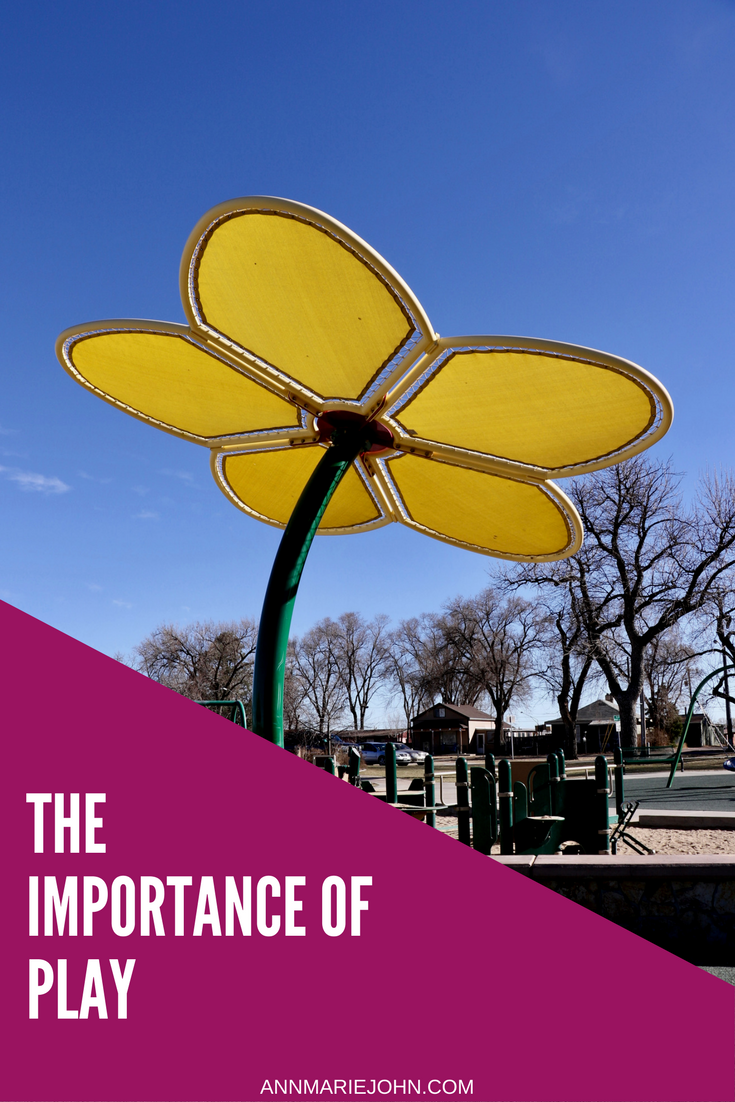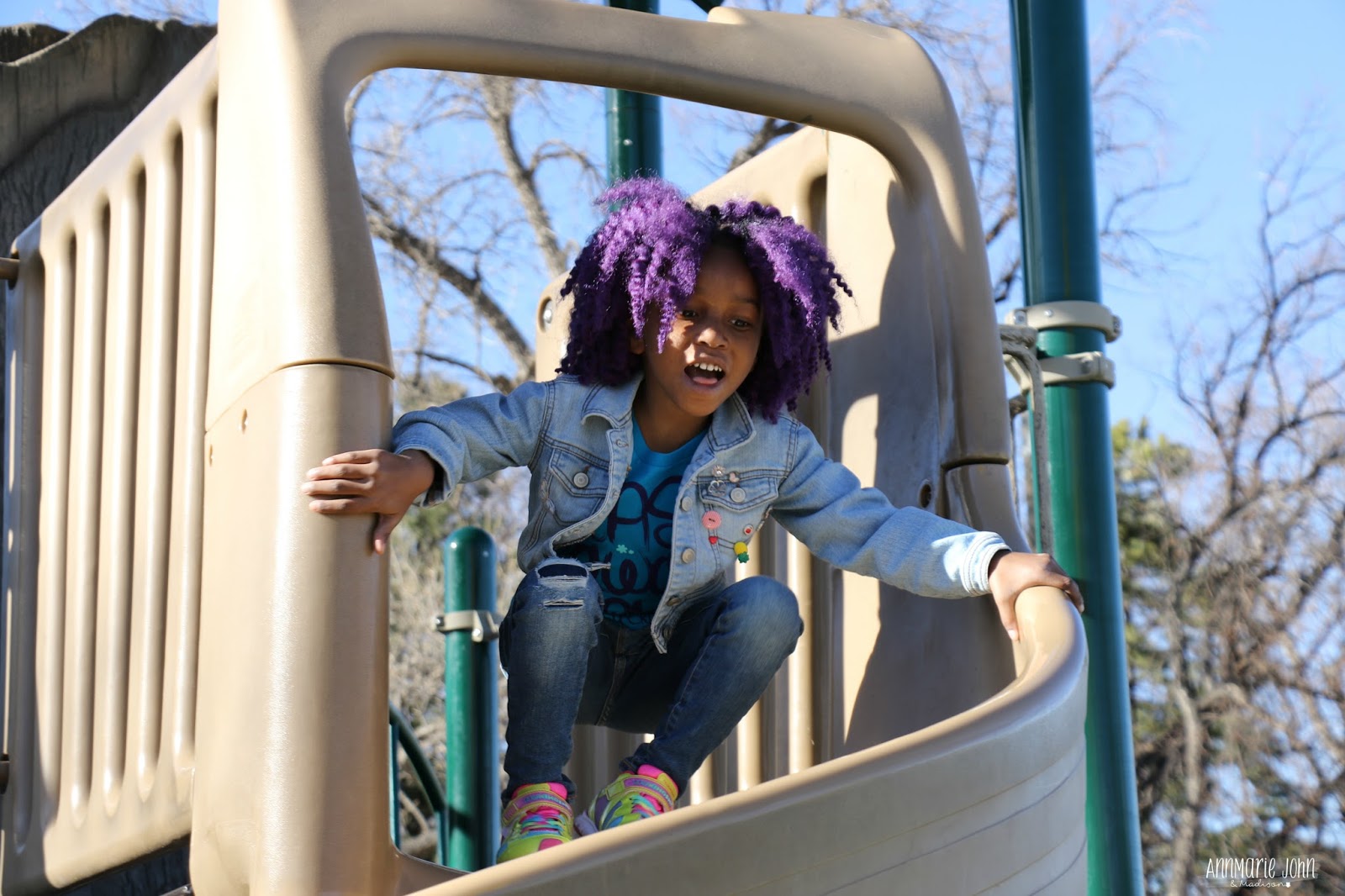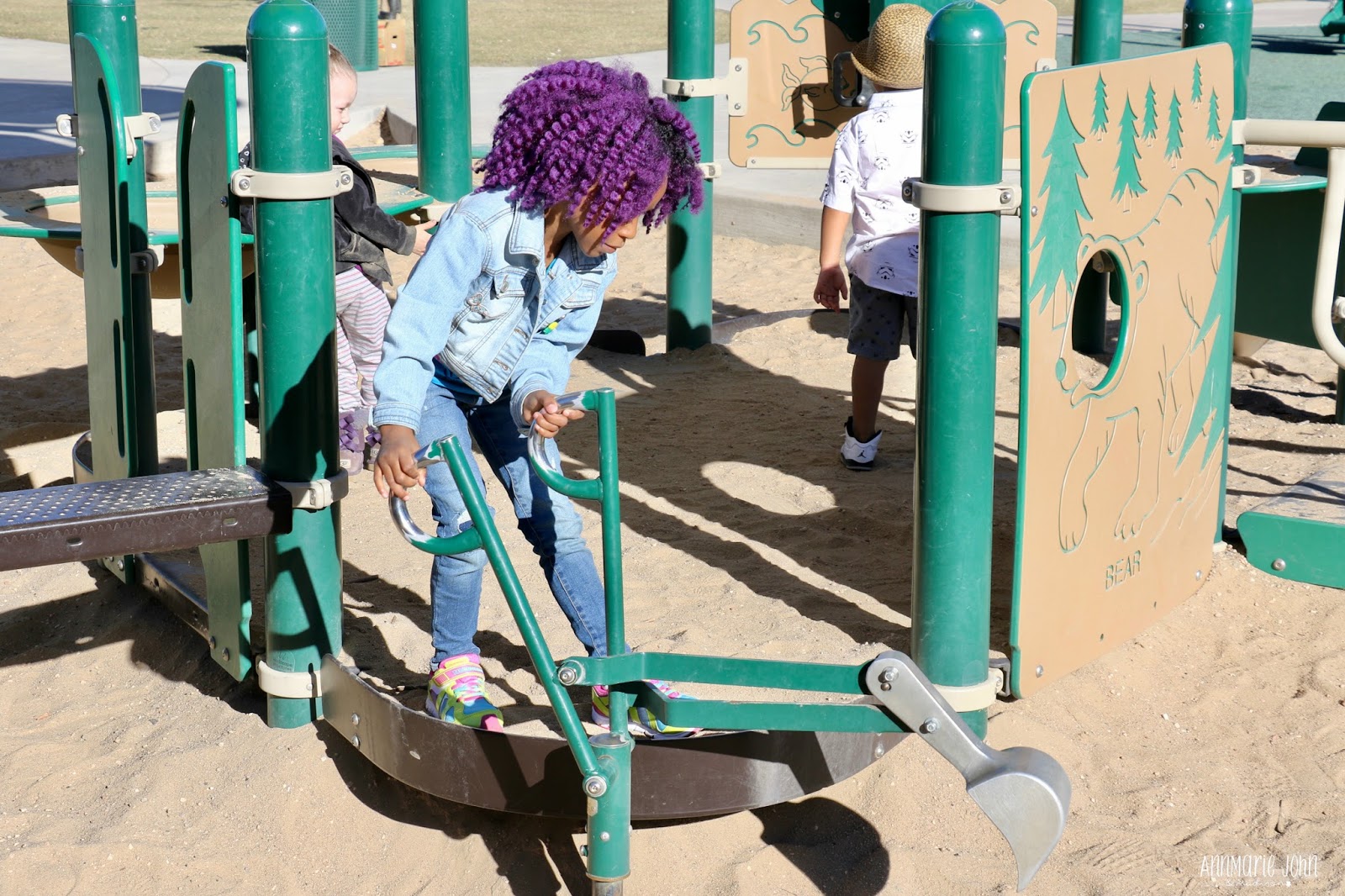Explore the importance of play in children’s lives and how unstructured time can support their mental health and happiness.

It seems that kids in today’s world rarely have “free” time. When they’re not in school, they’re involved in sports and clubs. They’re committed to their churches and other organizations. Perhaps they have lessons and volunteering on their calendars, too. How often do they have unscheduled time to…do nothing? And when they have a moment of free time, how many kids turn to mindless entertainment, like TV, video games, or a tablet?
When’s the last time your child actually played on a playground? Many of us parents over-plan how our children use their time, but we are actually doing them a disservice. More and more research exalts the importance of play, and with good reason. Lack of play can lead to anxiety, depression, and even pressure to be their best at all times. Here are some key points to remember and some ideas for getting your kids really playing again.

Play is critical to development.
Have you ever heard the saying, “Play is a child’s work?” It’s even been recognized by the United Nations High Commission for Human Rights as a right of every child. It contributes to their physical, cognitive, social, and emotional well-being. Unscheduled free time allows kids to use creativity and imagination to engage with the world around them, to practice adult roles and conquer fears, and to build confidence and resiliency. Child-driven play also lets kids figure out for themselves what they’re really interested in and passionate about. Active play could also be the key in tackling the youth obesity epidemic.
Play teaches children how to function in society.
Free playtime allows kids to figure out how to work together in groups. They learn how to cooperate and share, how to negotiate and resolve problems, and how to stand up for themselves. It’s through the microcosm of play that kids learn how to navigate real-world social situations that they’ll encounter the rest of their lives.

Play brings parents and children closer together.
Parents fully engage with their kids when they play with them one-on-one. They can learn a lot about how their children think and what may be weighing on their little minds. But it’s important that they allow this unstructured time to be controlled by the child. In this way, adults don’t stifle children’s creativity with rules, and they develop leadership skills in the process.
While hurried lifestyles, instability in the home, and increased attention paid to academics and other activities are all to blame for less playtime, simple changes can make a big difference. (If possible, consider getting involved with your child’s school to advocate for recess if it’s been taken out of the schedule. Create a petition or join the PTA.)

- Take your child to the park more often. Playgrounds in particular allow kids to develop leadership and teamwork skills. Not to mention that they serve as a place (independent of school, church, or any other obligations) for kids to develop social relationships on their own.
- Supply your child with toys that take a little imagination, like a tent, blocks, magnets, dress-up clothes, dolls, and art supplies. Even tea sets, kitchen sets, gardening toys, and cars allow kids to be creative.
- Encourage active play, and limit video games, TV time, and tablet use. Model this play by getting them started. Pull out all of the originals: Red Light Green Light, Capture the Flag, Simon Says, and even plain, old tag! Keep bubbles, sidewalk chalk, and balls on hand, too. When possible, take these activities to the park to combine active play with social play.

- Give kids unscheduled free time to be creative and decompress. Consider blocking it out on the calendar. Maybe for the first hour after they get home from school, they don’t have to do anything at all (and also aren’t allowed screen time for this hour). It may even be smart to take them straight from school to a park with a playground. Make it a routine. Pack snacks and allow them this “forced free time” to blow off some steam.
- Play with your kids. Get involved, even if you only have 15 minutes a day.
This heartwarming video, “For a Better Tomorrow, We Play Today,” by global playground manufacturer Landscape Structures, shows what our future can be like, as our kids play and develop the necessary skills that they need to shape their adult lives, all on the playground. When I watch Madison play on a Landscape Structure playground, I see her strength and her love for others as she builds social relationships. I see her as a future leader when she takes the lead and I also see her being part of a team. It’s why I value the importance of play and so should you.
To find your local Landscape Structures playground and to connect, visit:
